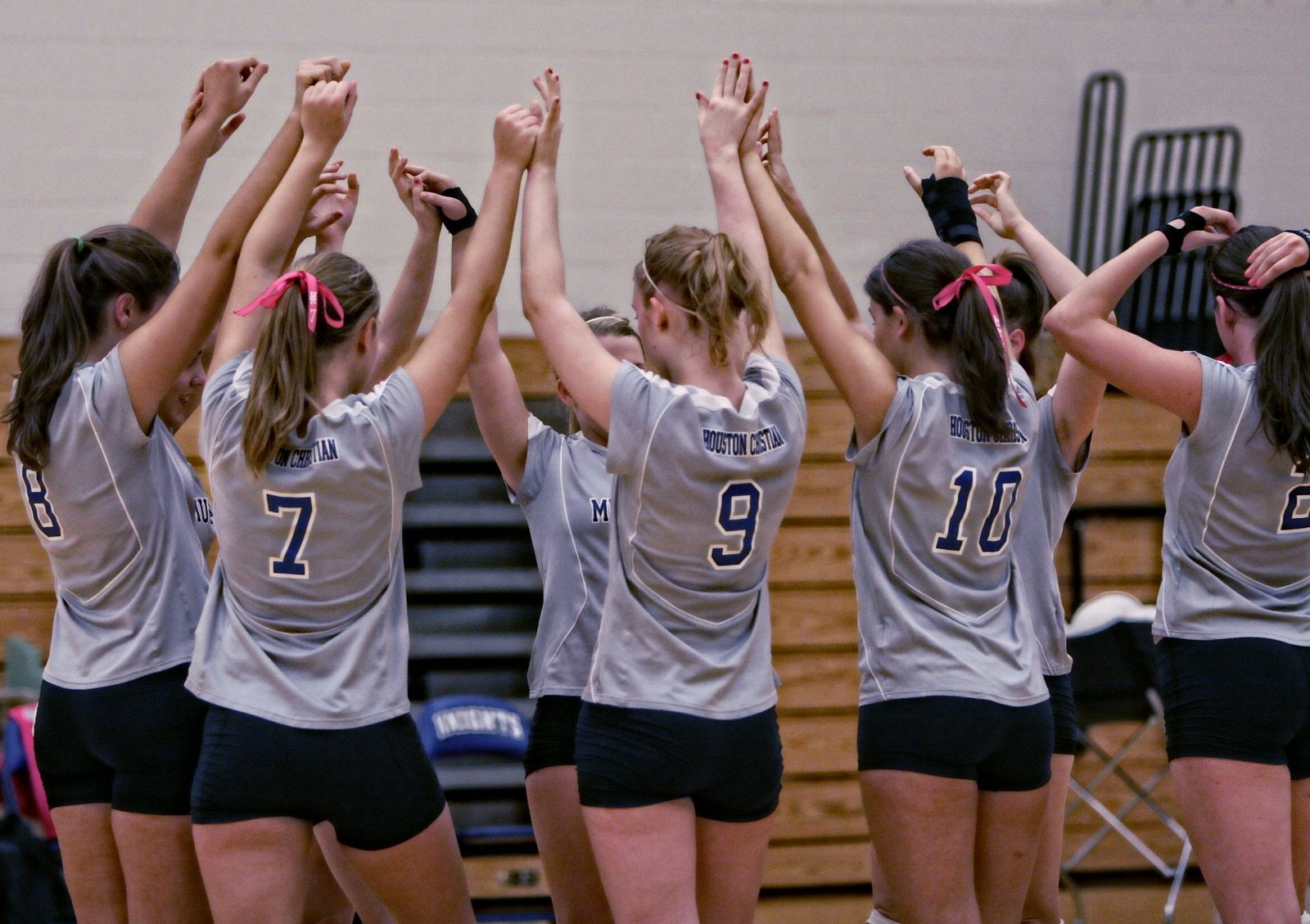Table of Contents
It’s well-known that exercise leads to physical, mental, and psychological benefits. But you might not know that sports programs in school can help students in similar ways.
Sports programs in school can help students of all grades and abilities. But most people don’t consider sports training a tool for academic progress.
Are you wondering how to improve the impact of sports programs for student-athletes? Wondering what the benefits of sports programs are?
Here’s how to make youth sports programs more effective.
Setting Clear Goals and Expectations
This can help guide the programs in decision-making. This can also ensure that the program meets the objectives of each student-athlete. When setting goals and expectations, consider factors such as competitive spirit and ambition.
It is important to keep the students motivated to accomplish their goals gradually. Coaches should be on hand to remind athletes to stay on track.
Establish a positive team environment with team rules and guidelines. This can help ensure all athletes meet the program’s goals.
Making Mental Health a Priority in Sports Programs
Make sure that coaches, teachers, and administrators are educated on mental health issues. They should be well-versed in the signs of mental distress. They should also understand how mental health can affect athletic performance.
Ensure that students have access to mental health professionals and support groups. This will help them manage mental health issues and improve their performance.
Coaches should promote an atmosphere of open communication and mutual respect. Finally, educators and coaches should look for ways to help support student-athletes outside the realm of sports.
Developing Academic Support Frameworks
Creating an individualized learning plan for each athlete addresses their strengths and weaknesses. Academic advisors should ensure that student-athletes’ academic commitments are achievable and supported.
Time management and tutoring aren’t recommended–they should be mandatory. As an extra layer of support, allow student-athletes to take advantage of studying with pals, much like a team sport. This will help further their success.
Encourage the student-athletes to find the tools and structure that best fit their needs. This is to help them become successful in the classroom, as well as on the sports field. This will also help them improve their speed and agility.
Creating Inclusive Environments
Sports can provide an avenue for creating inclusive environments for student-athletes. Start by ensuring fairness and respect for all student-athletes. Include inclusive language in practice and game instructions.
Provide training for coaches, athletes, and administrators to ensure a non-discriminatory environment. Encourage coaches to create a safe, supportive and playful atmosphere. This allows athletes to explore their identities and beliefs without fear of humiliation or judgment.
Encourage student-athletes to take leadership roles in their teams. Let them lead efforts to build a sense of community. Also, let them organize events to celebrate diversity and inclusion among their peers.
By creating an inclusive culture, the sports programs’ impact on student-athletes will improve.
Make It Happen
Sports programs for student-athletes are crucial for their personal growth and development. When done holistically, these programs can give young adults essential support and guidance.
Educators, coaches, and administrators can increase the impact of sports programs on student-athletes by following the advice in this article. Let’s work together to make sure every student-athlete can reach their full potential!
Looking for more tips and tricks? Check out the rest of our blog!

